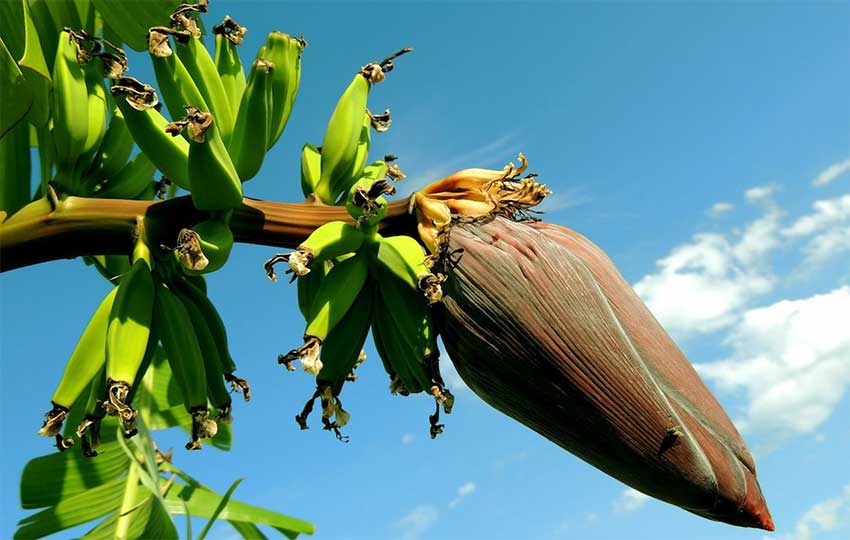PRESS RELEASE – AT the 10th Caribbean Plant Health Directors Forum held last week, the OECS was awarded in recognition of its role in plant protection initiatives leading to enhanced agricultural development, trade and innovation in the region.

The Caribbean is known for its vital and diverse agriculture and natural resources and protecting them from potentially devastating invasive pests and diseases is critical to the health and prosperity of the region.
Accordingly, the Caribbean Plant Health Directors (CPHD) has continuously striven to unify plant health safeguarding strategies in the region while fostering the exchange of technical information, transfer of technologies and methods, and harmonization of plant protection and agricultural trade management approaches.
The Forum was held from July 11 to 13 in Punta Cana, Dominican Republic and gathered representatives from over 20 countries and territories along with several partner organizations.
Officials engaged in an intense two-day discussions aimed at bolstering the ability of member countries to identify, exclude, and respond to pests and diseases that threaten regional agriculture and natural resources and to resolve issues that might impede the trade of Caribbean agricultural products regionally and internationally.
During the meeting, the OECS Commission received the Greater Caribbean Safeguarding (GCSI) Award 2017 in recognition of initiatives and innovations that make significant contributions to furthering the goal of safeguarding the region’s agriculture and plant resources.
The Commission was represented by George Alcee, Programme Officer –Agriculture.
“Receiving an award at that level is a great achievement for the Commission and the region. It is a recognition of all the endeavours which were undertaken to safeguard the Eastern Caribbean from pest and invasive species.
“We still continue to work to enhance trade and strengthen capacity of the quarantine infrastructure and border control agencies to achieve our goal. I am thankful to the European Union for their support under the 10th EDF which allowed us to provide that level of capacity building to reduce the entry and spread of pests and invasive species in the region.
“The USDA is also currently speaking to the OECS to offer support to the Shipping initiative,’’ said Alcee.
Five major projects have been implemented towards the preservation of the sub-region:
• The training support of 33 plant quarantine officers at the annual University of the West Indies plant quarantine training programme
• The support to training in Pest Prioritization and Pest Risk Analysis (PRA) and the establishment of PRA units in the plant health laboratories in Saint Lucia, Dominica and St. Vincent and the Grenadines
• The improvement of regional pest surveillance through support to the train the trainers workshop on pest surveillance held in Grenada and the production of a pest surveillance manual for plant health technicians in the region
• The training in the development of National Pest Lists and the production of a manual for Developing Pest Lists
• The training and equipment support to laboratories
Dr. Didacus Jules, Director General of the OECS, said the award was a symbol of the extended efforts made by all agricultural professionals in the region to safeguard the sector as a driver of economic growth.
“Sustainable agricultural development is an OECS priority. Through our virtual working groups, we have been able to achieve major advancements in plant protection initiatives to ultimately safeguard and enhance agricultural trade within the region.
“Furthermore, agricultural professionals are now connected through an app where they can address in real time the fulfilment of shipment quotas for international trade, the extension of purchasing links with Trinidad and Tobago, Martinique, the United States and Canada or the improvement phytosanitary standards,” Dr. Jules said.














